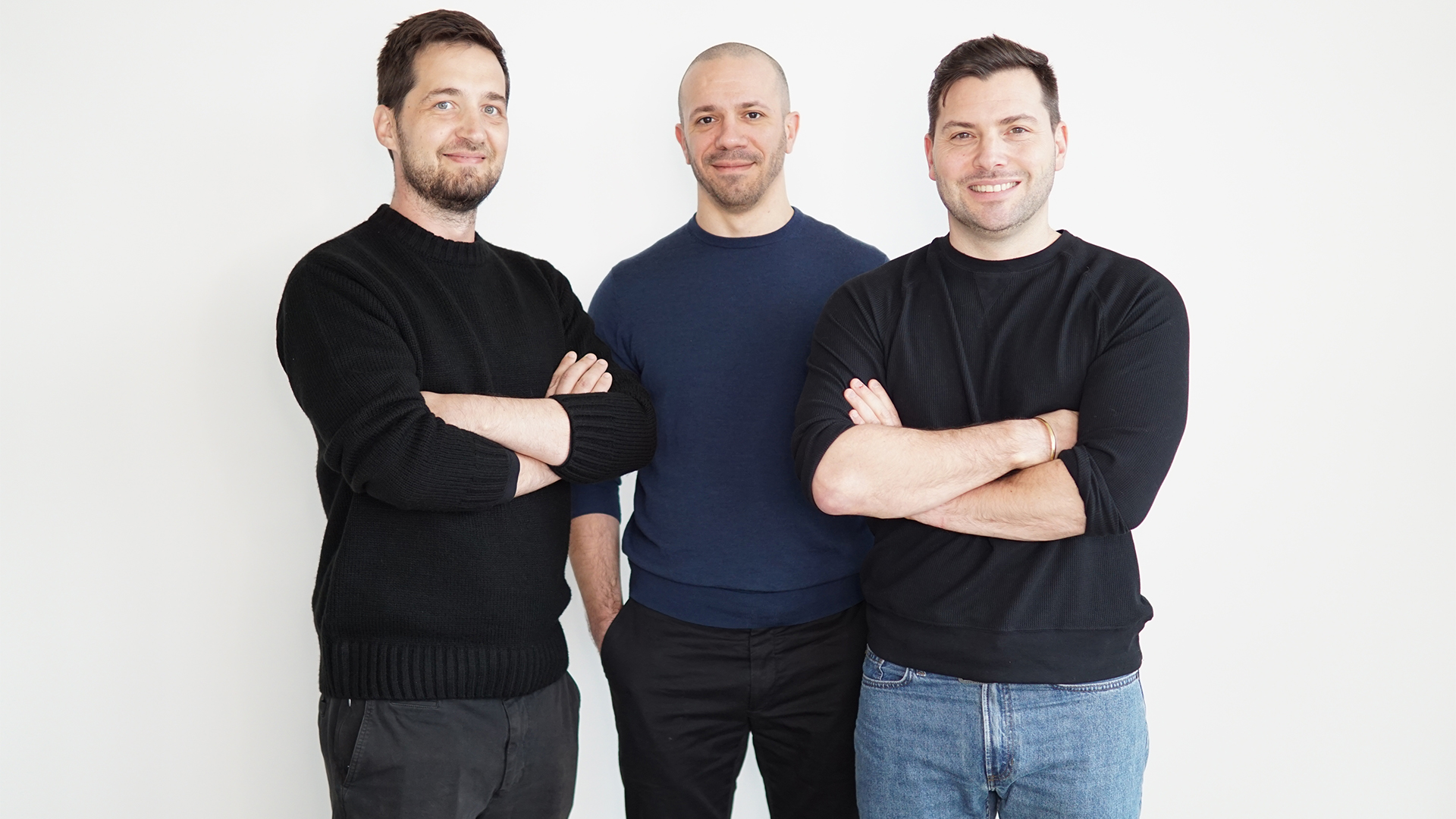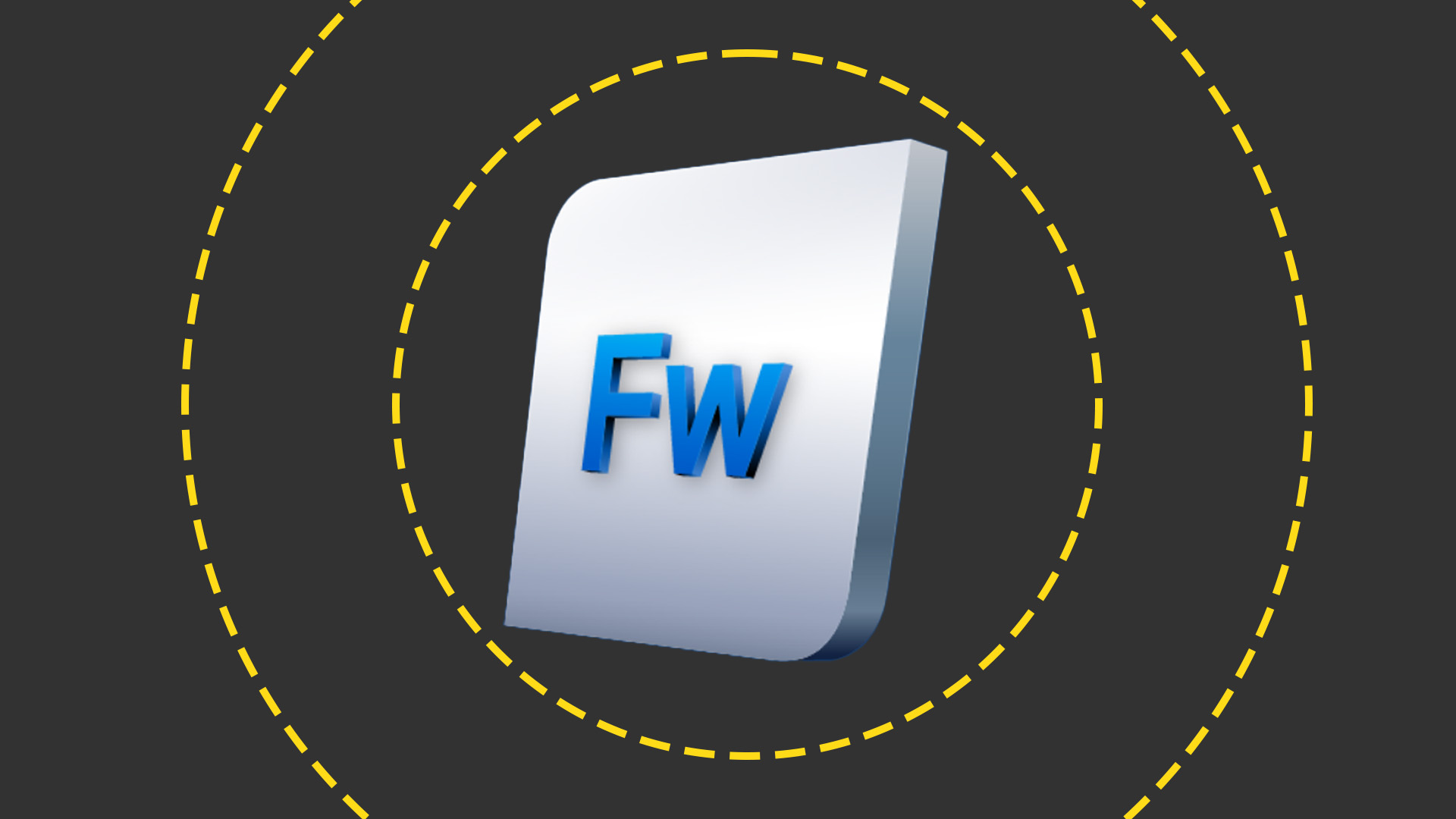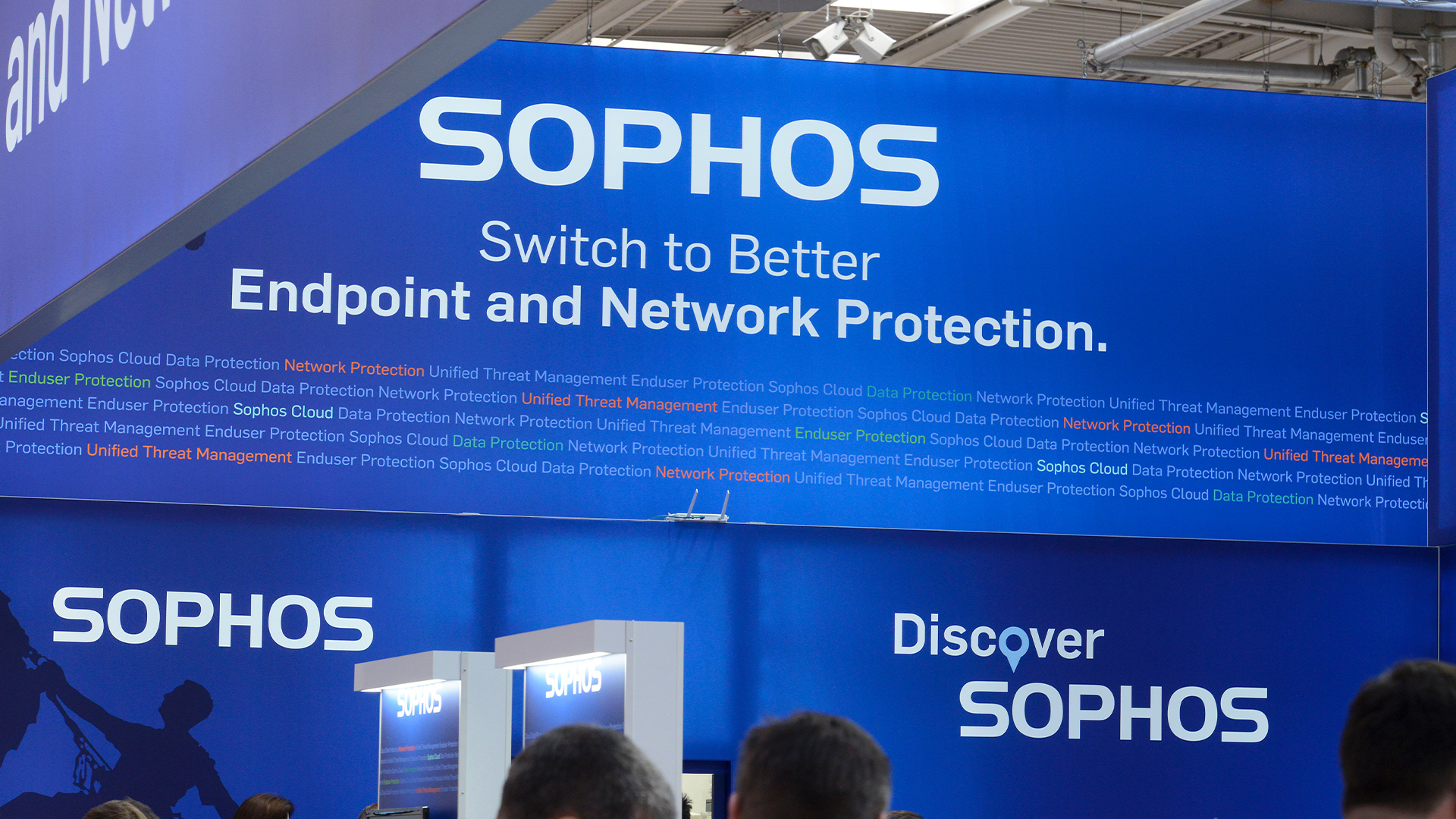Gawker passwords pilfered in server hack
Gawker users are advised to change their passwords following a hack.


Gawker Media has admitted passwords were stolen in a hack on its user databases.
Whilst the stored passwords were encrypted, Gawker said, simple ones may still be vulnerable to a brute force attack, where constant attempts to crack the key are made until the hackers are successful.
Users have been advised to change their passwords for Gawker websites and for any other site on which they use that same password.
"We're deeply embarrassed by this breach," a note on the Gawker website read.
"We should not be in the position of relying on the goodwill of the hackers who identified the weakness in our systems. And, yes, the irony is not lost on us."
Other Gawker sites include Lifehacker, Gizmodo, Gawker, Jezebel, io9, Jalopnik, Kotaku, Deadspin, and Fleshbot.
"We understand how important trust is on the internet, and we're deeply sorry for and embarrassed about this breach of security - and of trust," a separate note on Lifehacker read.
Get the ITPro daily newsletter
Sign up today and you will receive a free copy of our Future Focus 2025 report - the leading guidance on AI, cybersecurity and other IT challenges as per 700+ senior executives
"We're working around the clock to ensure our security (and our commenters' account security) moving forward."
A group going by the name of Gnosis has claimed credit for hacking Gawker's servers, reportedly posting a file on the Pirate Bay.
The file contained numerous passwords, including those of Gawker founder Nick Denton.
As yet, there has been no definite link between Gnosis and the Anonymous hacker group who have been going after anti-WikiLeaks services.
A related Twitter hack?
Following the Gawker compromise, hundreds of thousands of Twitter accounts were hacked as well.
Del Harvey, Twitter's director of trust and safety, said she suspected these new hacks used the same passwords as those taken from Gawker.
The hacked Twitter accounts have been used by spammers to send messages attempting to direct users to a supposed acai berry diet website.
"Got a Gawker acct that shares a PW w/your Twitter acct? Change your Twitter PW. A current attack appears to be due to the Gawker compromise," Harvey wrote on her own Twitter page.
"In other words: the acai berry attack looks to be connected w/the Gawker hack rather than a worm."
Ethical hacker Jason Hart, senior vice president at CRYPTOcard, told IT PRO hacks like the one against Gawker are becoming easier to carry out.
"With the ease of hacking and cracking passwords, there need to be additional layers of security," Hart said.
"Encrypting passwords does not prevent brute force attacks."
Sophos has told web users to mix up their passwords for added security.
According to a Sophos poll carried out last year, a third of respondents said they used the same passwords for all of their online accounts.
Just a fifth used different passwords for all their various accounts.
Tom Brewster is currently an associate editor at Forbes and an award-winning journalist who covers cyber security, surveillance, and privacy. Starting his career at ITPro as a staff writer and working up to a senior staff writer role, Tom has been covering the tech industry for more than ten years and is considered one of the leading journalists in his specialism.
He is a proud alum of the University of Sheffield where he secured an undergraduate degree in English Literature before undertaking a certification from General Assembly in web development.
-
 CISA issues warning in wake of Oracle cloud credentials leak
CISA issues warning in wake of Oracle cloud credentials leakNews The security agency has published guidance for enterprises at risk
By Ross Kelly
-
 Reports: White House mulling DeepSeek ban amid investigation
Reports: White House mulling DeepSeek ban amid investigationNews Nvidia is caught up in US-China AI battle, but Huang still visits DeepSeek in Beijing
By Nicole Kobie
-
 I love magic links – why aren’t more services using them?
I love magic links – why aren’t more services using them?Opinion Using magic links instead of passwords is safe and easy but they’re still infuriatingly underused by businesses
By Solomon Klappholz
-
 Password management startup Passbolt secures $8 million to shake up credential security
Password management startup Passbolt secures $8 million to shake up credential securityNews Password management startup Passbolt has secured $8 million in funding as part of a Series A investment round.
By Ross Kelly
-
 LastPass breach comes back to haunt users as hackers steal $12 million in cryptocurrency
LastPass breach comes back to haunt users as hackers steal $12 million in cryptocurrencyNews The hackers behind the LastPass breach are on a rampage two years after their initial attack
By Solomon Klappholz
-
 96% of SMBs are missing critical cybersecurity skills – here's why
96% of SMBs are missing critical cybersecurity skills – here's whyNews The skills shortage hits SMBs worse as they often suffer from a lack of budget and resources
By George Fitzmaurice
-
 Sophos Firewall Virtual review: Affordable network protection for those that like it virtualized
Sophos Firewall Virtual review: Affordable network protection for those that like it virtualizedReviews Extreme network security that's cheaper than a hardware appliance and just as easy to deploy
By Dave Mitchell
-
 MSPs are struggling with cyber security skills shortages
MSPs are struggling with cyber security skills shortagesNews A shortage of tools and difficulties keeping pace with solutions were also ranked as key issues for MSPs
By George Fitzmaurice
-
 Nearly 70 software vendors sign up to CISA’s cyber resilience program
Nearly 70 software vendors sign up to CISA’s cyber resilience programNews Major software manufacturers pledge to a voluntary framework aimed at boosting cyber resilience of customers across the US
By Solomon Klappholz
-
 Sophos and Tenable team up to launch new managed risk service
Sophos and Tenable team up to launch new managed risk serviceNews The new fully managed service aims to help organizations manage and protect external attack surfaces
By Daniel Todd